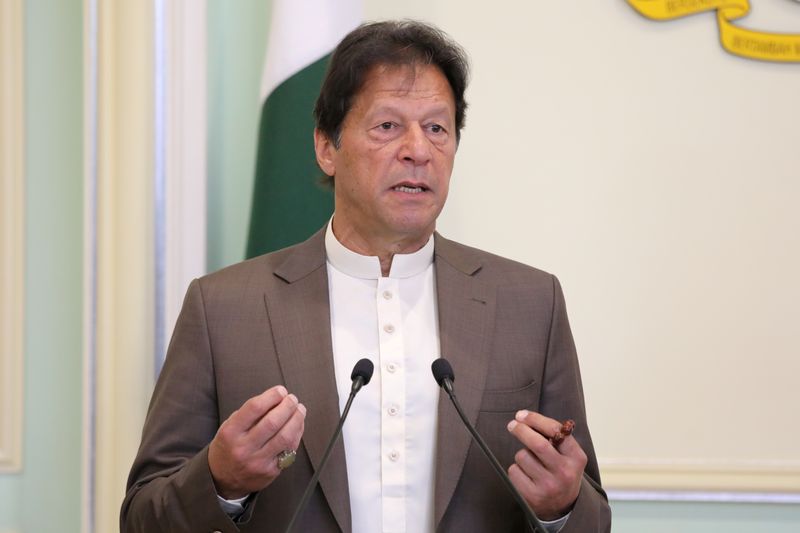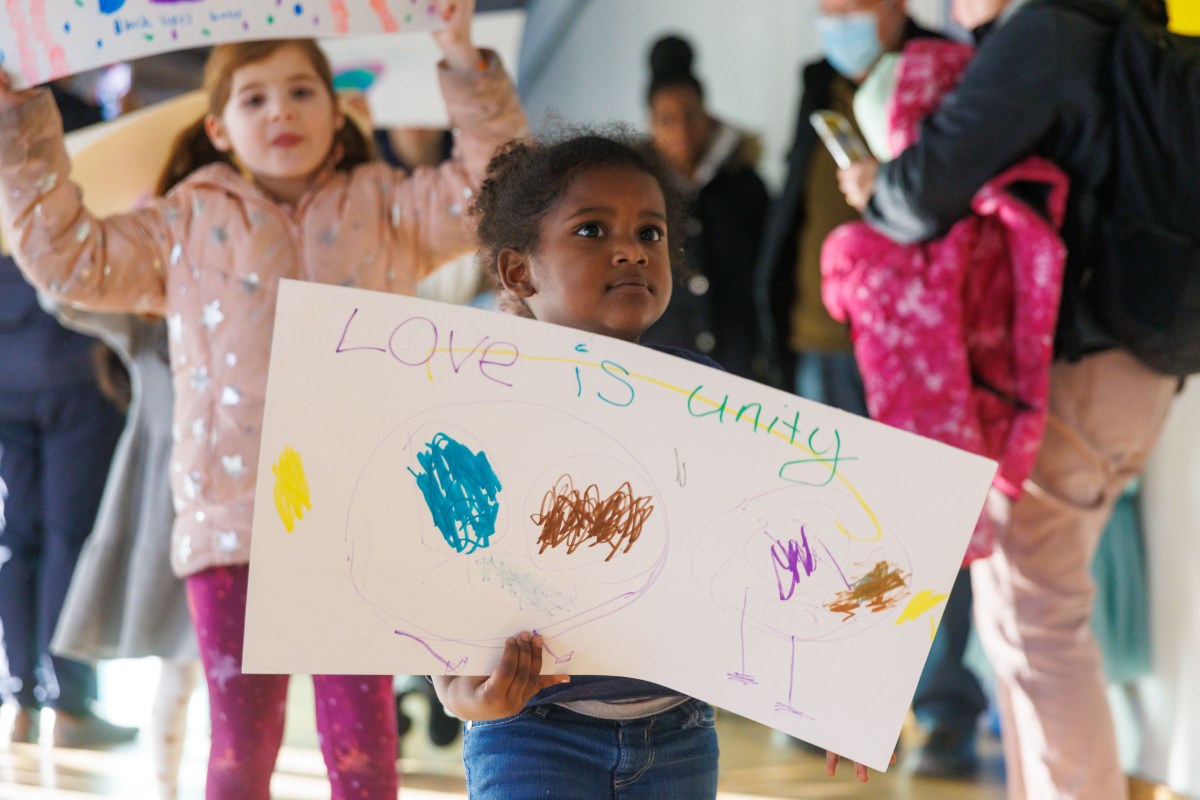ISLAMABAD (Reuters) – Pakistan will begin lifting its coronavirus lockdown on Saturday, Prime Minister Imran Khan said, hours after the country announced its highest daily increase in new cases.
Pakistan, where a poorly enforced shutdown has been in place since late March, has recorded 24,073 cases of COVID-19, with 564 deaths. On Thursday, authorities said there had been 1,523 new cases and 38 deaths in the preceding 24 hours.
“We’re deciding that we are ending this lockdown now,” Khan said in a televised address on Thursday. “We know that we’re doing it at a time when our curve is going up … but it is not edging up as we were expecting.”
Impoverished Pakistanis cannot survive under lockdown any longer, Khan said. “Since we started this lockdown, we had this fear that these people who are daily wagers, who feed their kids on daily earnings, what will happen to them?” he asked.
He said the shutdown would be lifted in phases and warned people that the disease could get out of control if they didn’t take precautions.
The government’s handling of the virus has been strongly criticised by scientists and doctors who fear the outbreak will gather pace among a population of more than 200 million and overwhelm the country’s struggling health system.
“It will definitely lead to an increase in the number of cases, the number of critical cases,” the secretary of Pakistan’s Young Doctors’ Association, Salman Kazmi, told Reuters. “We are concerned about pressure that will come on the hospitals.”
Planning Minister Asad Umar said that initially small markets and shops would be allowed to open until 5 p.m., although big malls and other spaces which attract large crowds would remain closed for now.
A decision to reopen intercity transport and railways will be taken later, while schools will stay closed until July 15, Umar said.
Khan said the restrictions could be restored if the outbreak worsens, something his critics expect to happen due to what they describe as a confused policy response to the crisis and capitulation to Islamist clerics.
Khan allowed communal prayers for the holy month of Ramadan, but a survey by an NGO, Pattan, found that worshippers were breaching measures on social distancing, masks and disinfection.
Fears for the economy are said to be the main reason for relaxing the lockdown. The IMF and the World Bank have forecast a bleak economic outlook for Pakistan as it heads toward a major recession.
(Writing by Asif Shahzad; Additional reporting by Charlotte Greenfield; Editing by Raissa Kasolowsky and Giles Elgood)






















